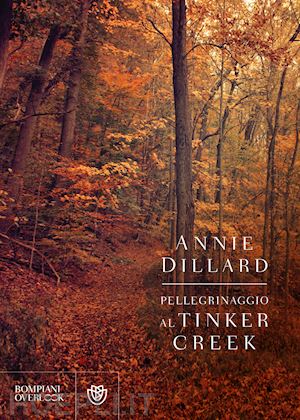

From the start, this has been Dillard’s mission: to crowbar surprise, sentence by sentence, into all the tiny gaps of our ordinary experience. ‘‘Pilgrim’’ won the Pulitzer Prize and unleashed upon the world Dillard’s radical style: prose right on the border of poetry, dense with dazzling effects - strong metaphors, heavy rhythms, bold verbs, sudden parables, outlandish facts harvested from the darkest corners of the library.

‘‘Tickets for a Prayer Wheel,’’ a small collection of poems, was followed immediately by ‘‘Pilgrim at Tinker Creek,’’ a long nonfictional account of her experience embedding, Thoreau-style, for a year of close observation of the titular waterway in Virginia. This month, she publishes ‘‘The Abundance: Narrative Essays Old and New,’’ a collection of pieces that spans her entire variegated career.ĭillard began publishing books in 1974. We all do some version of it, all the time. This is an essential part of what it means to be human, this shifting between the transcendent self and the contingent world, the ecstasy and the dental bill. Instead of being any particular kind of writer, she is, flagrantly, a consciousness - an abstract, all-encompassing energy field that inhabits a given piece of writing the way sunlight clings to a rock: delicately but with absolute force, always leaving a shadow behind. Over more than 40 years, she has been, sometimes all at once, a poet, essayist, novelist, humorist, naturalist, critic, theologian, collagist and full-throated singer of mystic incantations.

It’s unclear what to call Annie Dillard, where to shelve her.


 0 kommentar(er)
0 kommentar(er)
